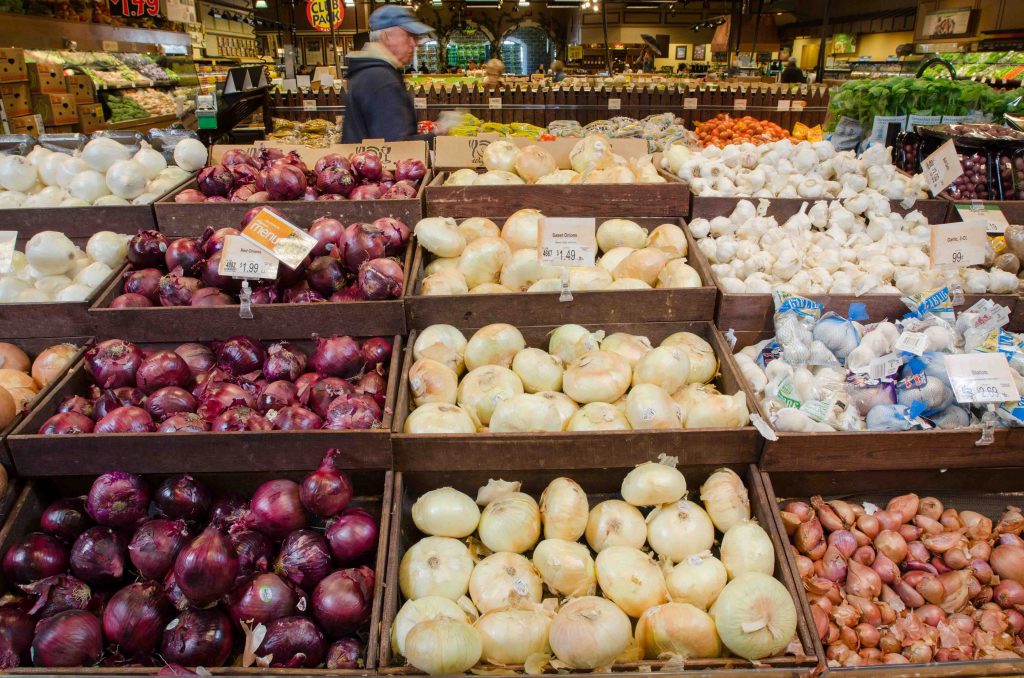Ten-thousand Santa Barbarans are at risk of losing their CalFresh benefits if the USDA goes through with a proposed plan to tighten food stamp eligibility requirements.
The new regulations would restrict states’ ability to waive time limits on food assistance for working-age adults without children, also known as ABAWDs. Under the current law, these adults cannot receive food assistance for more than three months within a three-year period unless they are working 20 or more hours a week. But some states, like California, can request to waive that time limit if the state’s unemployment rate is higher than 5 percent, or is 20 percent of the national average. In Santa Barbara County, ABAWDs haven’t been subject to the federal time limit since 2008.
The USDA’s proposed rules, rejected by Congress back in December, would prohibit states from banking waivers for later use and restrict waivers to places where unemployment exceeds 7 percent. If the rules pass, up to 10,000 CalFresh recipients in Santa Barbara County would see their benefits disappear after three months once California’s statewide waiver expires on August 31, 2019.
According to Maria Gardner, deputy director at the County of Santa Barbara Social Services Department, these rules will force already impoverished people to make even more desperate choices. The average gross income for an individual CalFresh recipient in Santa Barbara County is $400 a month, or just 40 percent of the federal poverty level. “Making people hungry is not an incentive to make people find work,” said Gardner.
A recent report by the Santa Barbara County Department of Social Services indicates that if the ABAWD requirements went into effect today, around 7,400 adults receiving CalFresh benefits in the county would be subject to the work requirements. About one-fourth of those recipients, or 1,700 adults, would not have a qualified exemption and could lose CalFresh benefits if unable to find work. For every CalFresh dollar spent, $1.79 in economic activity is generated, according to the report. If these 1,700 recipients were to lose their benefits, the economic loss in the county would amount to more than $550,000 each month.
Congressional Democrats are poised to challenge the USDA’s proposal, which they view as an executive sidestep of a bipartisan compromise to pass the 2018 Farm Bill without stricter work requirements. Congressmember Salud Carbajal has signed on to theProtect SNAP Act which, if passed, would prevent the USDA from making changes to the waiver regulations.
The USDA is expected to make a decision in the coming weeks. If the new regulations are passed, 755,000 people nationwide would lose food assistance.
[This story was updated on April 30, 2019, to reflect information in a new county report.]

